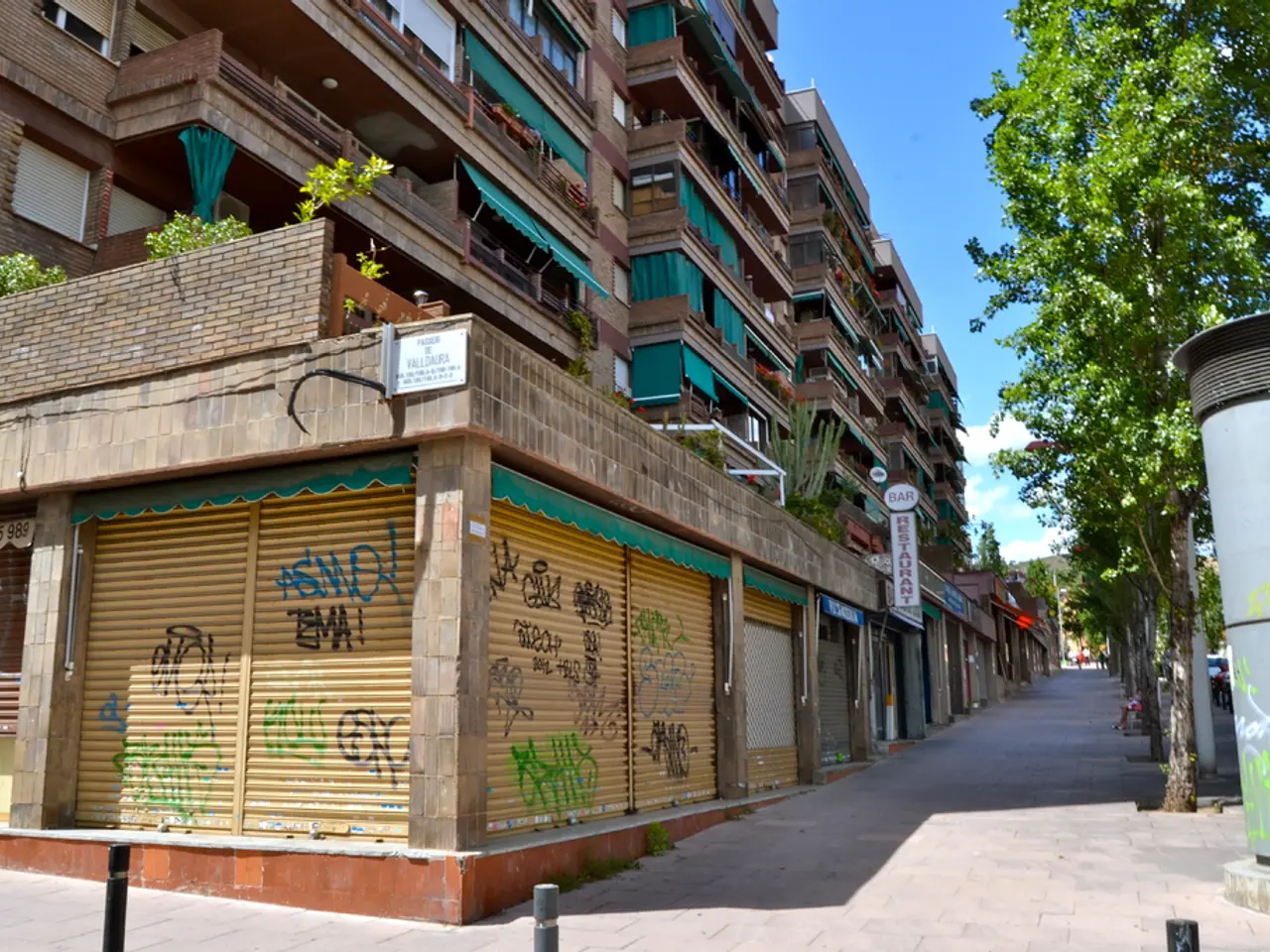Under review: Regulations governing stays at Faro Holiday Accommodation (AL)
In a significant move for the tourism industry and local residents of Faro, Portugal, the "Draft Municipal Regulation for the Sustainable Management of Local Accommodation in Faro" was recently approved by the city council on April 26, 2025. The regulation is currently under consultation and, if approved, will provide the next executive with updated regulations to make decisions for the sector following the local elections scheduled for the end of September or beginning of October.
The new regulation aims to manage local accommodation sustainably, with a focus on preventing over-tourism and housing shortage pressures. Key proposed changes include the imposition of limits on the number and density of short-term rental licenses, especially in high-demand or densely populated neighbourhoods.
Properties approved for short-term rentals will need to meet strict accommodation requirements, such as limits on the number of bedrooms, full furnishing and equipment standards, safety and sanitation facilities, and connectivity to public utilities. The draft also allows for the transfer of licenses but gives the municipality power to restrict or suspend new licenses in specific areas to balance tourism demands with housing needs.
Operators will be required to provide data on user numbers and overnight stays, enabling better oversight and planning. The regulation encourages sustainable tourism growth, aiming to reduce negative externalities such as noise pollution, overcrowding, and strain on infrastructure.
The potential impact of this regulation on the housing market and urban management is significant. By restricting new short-term rental licenses and imposing stricter controls, the regulation could alleviate pressure on the local housing market, improving housing availability and affordability for residents. Better management of short-term rentals can lead to improved urban quality of life and more balanced neighbourhood dynamics.
The new regulation also helps safeguard the tourism sector's contribution to Faro’s economy while ensuring that local communities do not suffer due to mass tourism-related housing shortages. The concepts of containment areas, sustainable growth areas, and the role of the Local Accommodation Provider are also introduced in the document.
However, it's worth noting that the document does not indicate whether the next executive will prioritise addressing the shortage of housing supply in Faro. Additionally, the document does not provide data on the number of local households in the centre of the capital city, Sé/S. Pedro, or specify whether the shortage of housing supply in Faro is limited to permanent housing or includes local accommodations as well.
As of last year, the municipality of Faro had 38,638 households, with 1,016 being local households. The parish of Sé/S. Pedro has the largest number of local accommodations (683 units) out of all parishes, with a relevance index of 2.61%. Santa Bárbara de Nexe had the highest intensity of local households (4.49%) out of all parishes in Faro, with 135 local households out of a total of 3,010 households. The document does not mention any specific challenges in urban management due to the distribution of local households across parishes in Faro.
In conclusion, this regulation reflects a growing trend in Portugal to tightly regulate short-term rentals to protect housing availability and urban well-being, balancing economic benefits from tourism with sustainable community living. As the local elections approach, the future executive will have the opportunity to shape Faro's tourism industry and housing market by implementing the approved regulation.
- The new regulation for the Sustainable Management of Local Accommodation in Faro, Portugal, could potentially influence the housing market by alleviating pressure on local housing availability and affordability, as it aims to restrict new short-term rental licenses and impose stricter controls.
- The regulation, focusing on sustainable tourism growth, may lead to improved urban quality of life by reducing negative externalities such as noise pollution, overcrowding, and strain on infrastructure, and offering better management of short-term rentals.
- As the local elections in Faro approach, the future executive will have the chance to address housing supply issues, considering the document's intentions towards housing availability and urban well-being but does not directly indicate prioritizing this issue.




